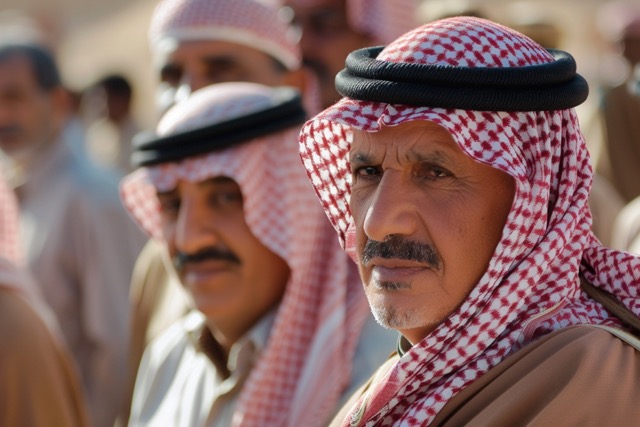EU and Egypt Sign €7.4 Billion Financial Package to Boost Economy and Stem Migrant Flows
In a groundbreaking move, the European Union and Egypt joined forces on Sunday to sign a €7.4 billion ($8 billion) financial package aimed at supporting the indebted North African country. This strategic partnership is set to not only bolster Egypt’s economy but also enhance energy sales to Europe and combat irregular migrant flows.
The signing ceremony, attended by European Commission President Ursula von der Leyen and leaders from Austria, Belgium, Cyprus, Greece, and Italy, took place in Cairo with Egyptian President Abdel Fattah El-Sissi. The deal includes a significant amount of credit over the next few years for Egypt, with a focus on increasing energy sales that could potentially reduce Europe’s reliance on Russian gas.
According to a senior European Commission official, the aid package comprises both grants and loans to be disbursed over the next three years. The majority of the funds, totaling €5 billion, will be allocated as macro-financial assistance. This move is seen as a step toward establishing a “strategic and comprehensive partnership” between Egypt and the EU, opening up avenues for collaboration in various economic and non-economic sectors.
El-Sissi’s office expressed optimism about the deal, highlighting its potential to enhance cooperation and coordination between the two parties while advancing common interests. The EU’s assistance will also extend to fortifying Egypt’s borders, particularly with Libya, to curb the influx of migrants escaping poverty and conflicts in Africa and the Middle East.
As Egypt grapples with the arrival of over 460,000 Sudanese refugees since last year, the EU has pledged to support the government in hosting and accommodating these individuals. The financial injection from the deal comes at a crucial time for the Egyptian economy, which has been severely impacted by government austerity measures, the COVID-19 pandemic, fallout from Russia’s invasion of Ukraine, and the ongoing conflict between Israel and Hamas in Gaza.
Amid concerns of a potential ground offensive by Israel in Gaza’s southern town of Rafah, which could lead to a mass exodus of people into Egypt’s Sinai Peninsula, the EU-Egypt partnership seeks to address these complex challenges and provide stability in the region. The recent agreement with the IMF to increase a bailout loan to $8 billion further underscores Egypt’s commitment to implementing economic reforms and revitalizing its financial landscape.

